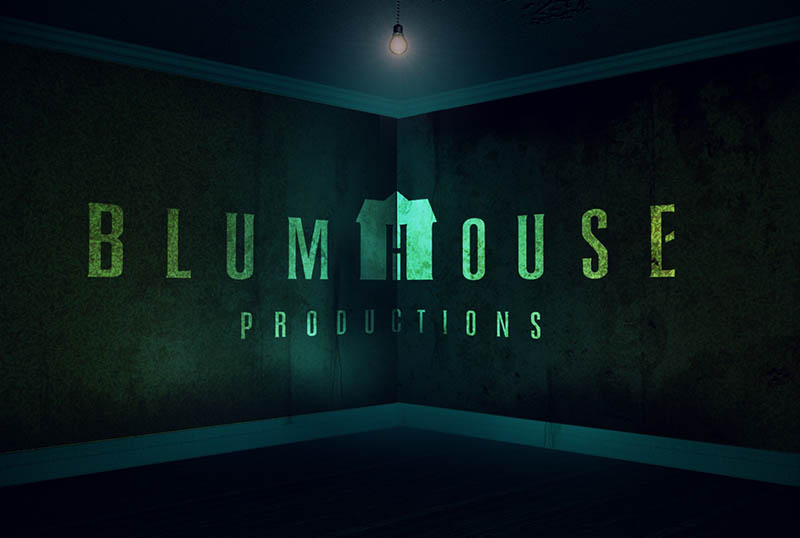With many Hollywood studios striving to get back to making films and TV after being on hold for nearly two months from the global pandemic, Universal Pictures and Blumhouse Productions are crafting a plan to shoot a low-budget project on the former studio’s lot during the massive closure, according to The Hollywood Reporter.
RELATED: Blumhouse’s Firestarter Remake Poised for 2020 Shoot
The new plan will require a number of caveats not normally seen in Hollywood productions, including cast and crew living in a nearby hotel adhering to safety protocols, a lack of craft services being offered on set and no insurance being granted to the project. Even though Universal was able to get proper insurance coverage during Furious 7, during which Paul Walker died off-set, the chances are the studio can get coverage on a project during the COVID-19 outbreak is practically non-existent.
However, sources report that the project, which is eyeing a $6.5 million budget, is looking to circumvent these fears as Blumhouse’s low-budget model is the most effective during times such as these as they are “typically smaller and require a lighter crew, shorter shoots and limited locaion work” that utilizing a large and empty studio lot could prove to work.
“Blumhouse and Universal aren’t moving forward with any plans until we get the green light from city, county and public-health officials,” THR’s source reports. “None of this preproduction planning work is being conducted on the lot itself. A small team of filmmakers and studio executives are currently working on those plans remotely. Safety of everyone involved is a huge priority, and nobody wants to rush into anything.”
RELATED: Blumhouse Taps Karyn Kusama to Direct Dracula!
California Democratic Representative Ted Lieu, who has many constituents in the entertainment world, has said that legislation requiring insurers to cover pandemic-related claims while limiting their exposure is the best path forward in solving the problem of studios looking to get back to work during the outbreak, with one such bill even being spearheaded by Democratic New York Representative Carol Maloney, though Lieu is unsure if it will win a majority in the House.
“For the moment we’re having to work on a case-by-case basis,” Roeg Sutherland, head of CAA Media Finance, said. “There’s no standard agreement, and that is not likely to happen for months. For each movie, the producers and financiers are essentially writing a plan on how the production will be shot in a safe way.”
Some sources are likening the current situation in Hollywood to the post-9/11 era, in which no insurer would write a policy covering terrorism for any business that the government eventually crafted and passed the Terrorism Risk Insurance Act, which required insurers to cover a percentage of losses in the event of terrorism. Though that act took months to get passed and get to a level both sides of the aisle could agree to, it helped create a model that many in Hollywood are hoping Congress can utilize again to provide some relief and get productions started once again.










